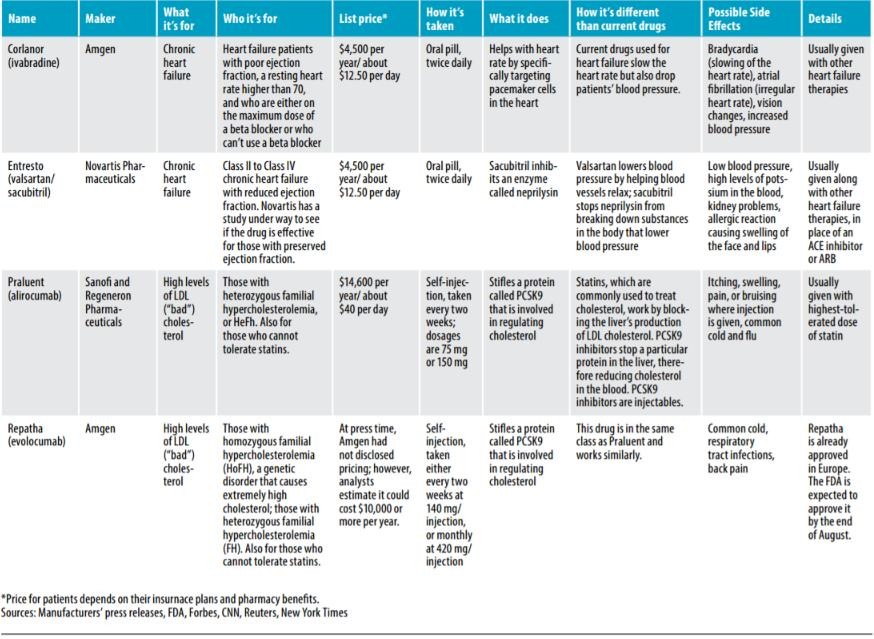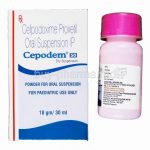
Contents
Congestive Heart Failure Medications
Congestive heart failure is a chronic condition. Discuss all medications, herbs, supplements with your doctor. Here are some medications used to treat congestive heart failure.
ACE inhibitors (angiotensin converting enzyme)
ACE inhibitors have been used for hypertension for over 20 years. These drugs have also been studied in treating congestive heart failure. They block the formation of angiotensin II, a hormone with potentially adverse effects on the heart and circulation. Multiple studies have shown that these drugs improve symptoms, prevent deterioration, and prolong survival. They also prevent heart failure and heart attacks. ACE inhibitors should be considered for all patients with heart failure, especially those with muscle weakness.
Possible side effects include:
- nagging, dry cough,
- low blood pressure,
- worsening kidney function and electrolyte imbalances, and
- rare allergic reactions.
Most individuals with congestive heart failure tolerate these medications without significant problems when used carefully with proper monitoring. Examples of ACE inhibitors include:
- captopril (Capoten),
- enalapril (Vasotec),
- lisinopril (Zestril, Prinivil),
- benazepril (Lotensin),
- ramipril (Altace).
For those unable to tolerate ACE inhibitors, the angiotensin receptor blockers (ARBs) may be used. They act on the same pathway but block the action of angiotensin II directly. Studies are being conducted to explore their use in congestive heart failure.
Possible side effects are similar to ACE inhibitors, but the cough is less common. Examples of this class of medications include:
- losartan (Cozaar),
- candesartan (Atacand),
- telmisartan (Micardis),
- valsartan (Diovan),
- irbesartan (Avapro),
- olmesartan (Benicar).
Beta-blockers
Certain hormones act on the beta receptors of body tissues and produce a stimulative effect. Beta-blockers block the action of these stimulating hormones. It was traditionally believed that beta-blockers further depressed heart function in congestive heart failure. However, studies have shown that beta-blockers improve heart function and survival in individuals already taking ACE inhibitors. Starting with a low dose and slowly increasing it can lead to success. At first, patients may even feel worse and other medications may need adjustment.
Possible side effects include:
- fluid retention,
- low blood pressure,
- low pulse, and
- fatigue and lightheadedness.
Beta-blockers should generally not be used in people with certain significant diseases of the airways or very low resting heart rates. Carvedilol (Coreg) has been studied the most, but other beta-blockers have shown promise. Research comparing carvedilol directly with other beta-blockers in the treatment of congestive heart failure is ongoing. Metoprolol (Toprol XL) is also effective in individuals with congestive heart failure.
digoxin (Lanoxin)
Digoxin (Lanoxin) has been used for hundreds of years in the treatment of congestive heart failure. It stimulates the heart muscle to contract more forcefully and has other actions that improve symptoms. However, a large-scale study failed to demonstrate any effect on mortality.
Digoxin is useful for many patients with significant congestive heart failure symptoms, although long-term survival may not be affected. Potential side effects include:
- nausea,
- vomiting,
- heart rhythm disturbances,
- kidney dysfunction, and
- electrolyte abnormalities.
These side effects are generally a result of toxic levels in the blood and can be monitored by blood tests. The dose may need adjustment in patients with significant kidney impairment.
Diuretics
Diuretics are often used to prevent or alleviate fluid retention in congestive heart failure. They help prevent fluid buildup in the lungs and other tissues by promoting fluid flow through the kidneys. They relieve symptoms such as shortness of breath and leg swelling but do not positively impact long-term survival.
Diuretics are often administered intravenously when hospitalization is required. Potential side effects include:
- dehydration,
- electrolyte abnormalities,
- low potassium levels,
- hearing disturbances, and
- low blood pressure.
Preventing low potassium levels with supplements is important. Such electrolyte disturbances may make patients susceptible to serious heart rhythm disturbances. Examples of diuretics include:
- furosemide (Lasix),
- hydrochlorothiazide (Hydrodiuril),
- bumetanide (Bumex),
- torsemide (Demadex),
- spironolactone (Aldactone),
- metolazone (Zaroxolyn).
Spironolactone (Aldactone) has favorable effects on survival in advanced congestive heart failure patients. It blocks the action of the hormone aldosterone, which has detrimental effects on the heart and circulation. Research has shown that spironolactone improves the survival rate of patients with congestive heart failure. Possible side effects include elevated potassium levels and breast tissue growth in males.
Another aldosterone inhibitor is eplerenone (Inspra).


